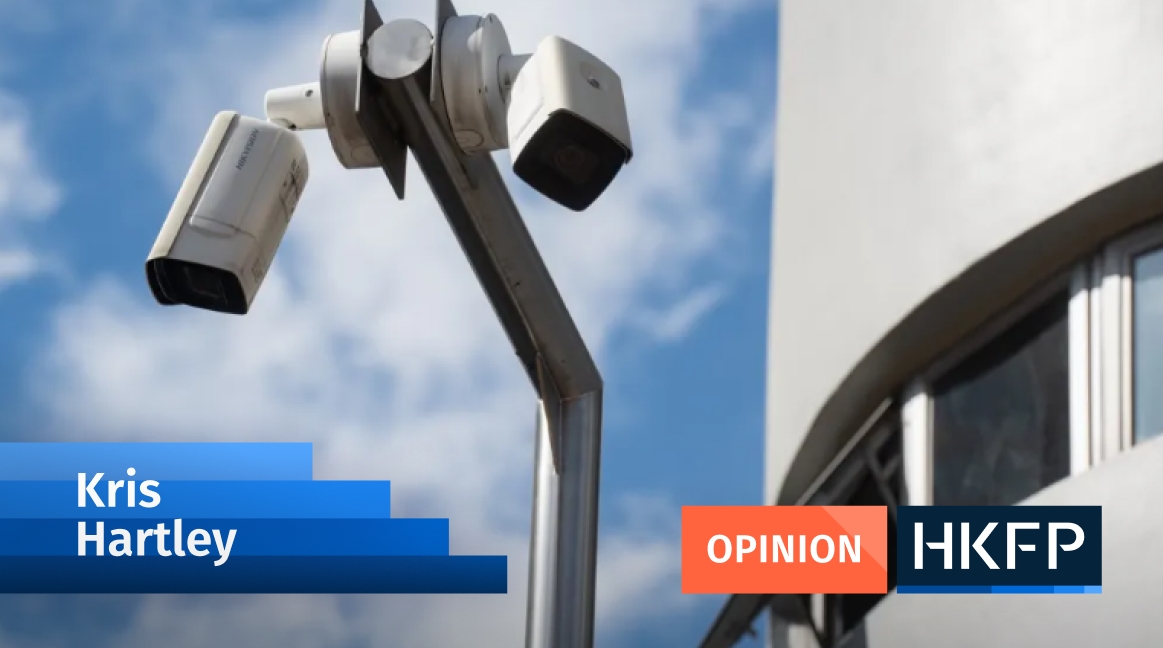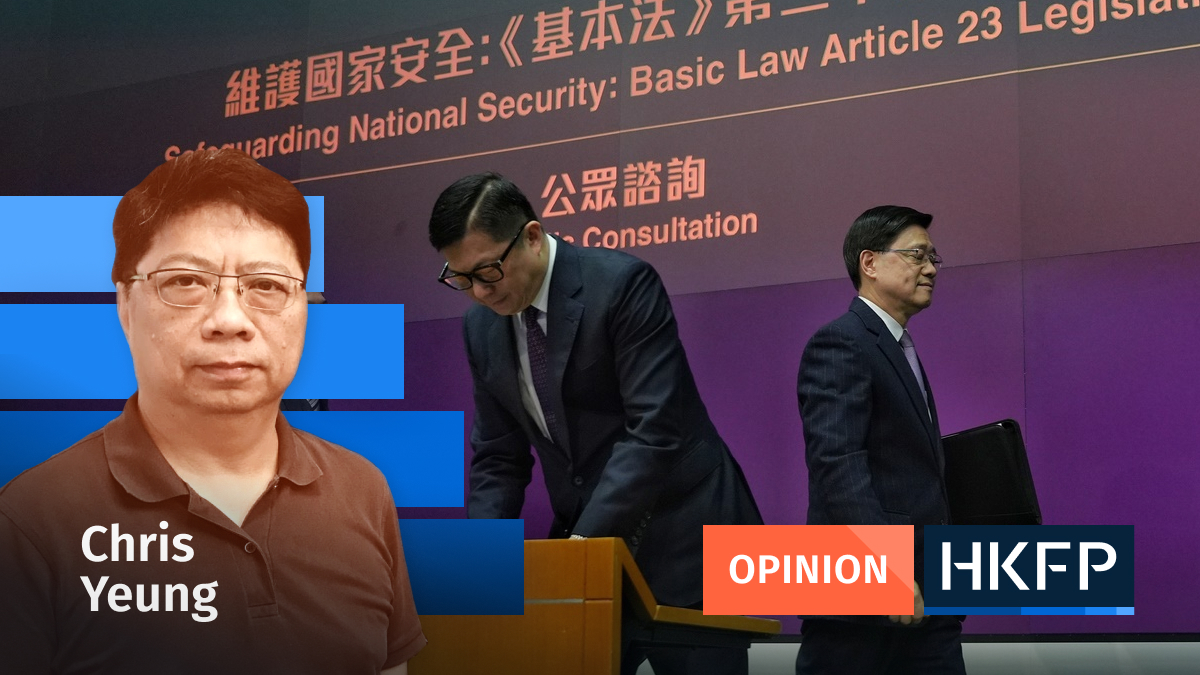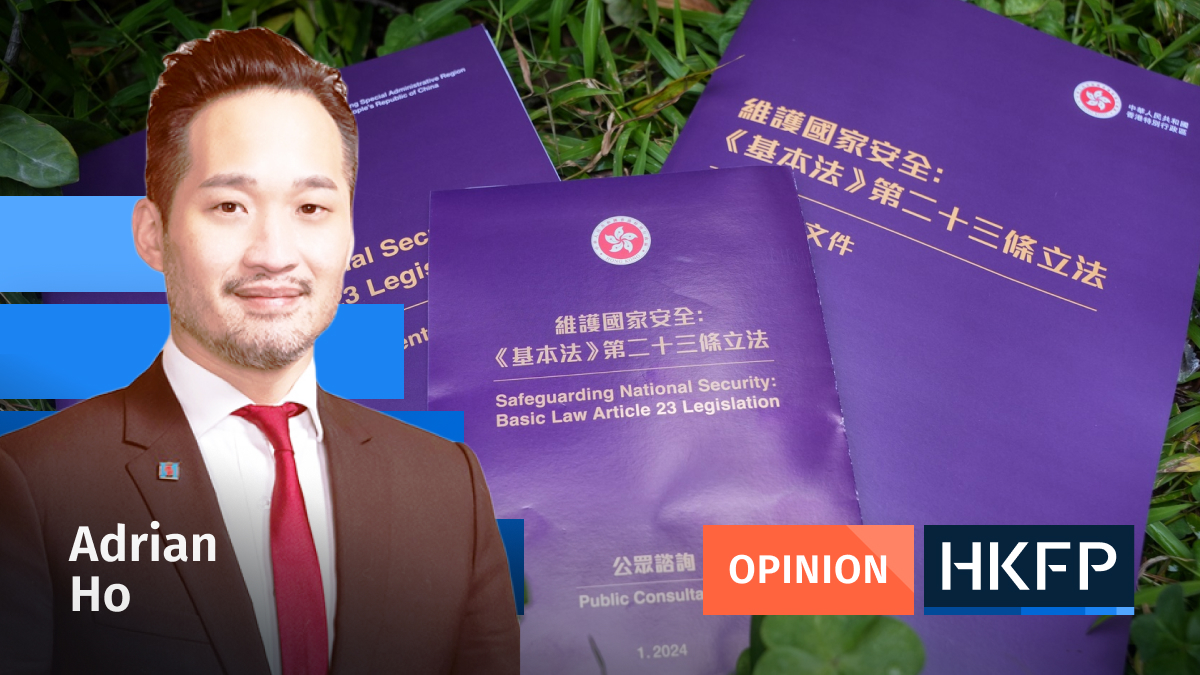Last December 22, my first piece for the Hong Kong Free Press was published. Titled The World is Watching, thanks to Hong Kong’s dedicated photojournalists, it looked back at the outstanding work of photojournalists in documenting the 2019 protests, and the free press issues they faced while doing it.
Now as 2020 comes to an end, the world has become an even more dangerous place for journalists. The free press and freedom of speech are under attack around the globe. Even some places that were once thought of as safe havens have become much less so.

The Committee to Protect Journalists (CPJ) reports that 2020 has seen record numbers of journalists being jailed worldwide. As of December 1, it reports at least 274 journalists behind bars, beating the 272 recorded in 2016. It is also the fifth consecutive year that at least 250 journalists have been in jail. China leads the list in 2020 for the second year in succession with 47 journalists behind bars, followed by Turkey with 37, Egypt with 27 and Saudi Arabia with 24.
Year-end data from Reporters san Frontieres — captured via Tracker 19, a tool created specifically in response to Covid-19 — while incomplete, shows “a fourfold increase in arbitrary arrests of journalists during the first three months of Covid-19’s spread around the world (March-May 2020).” The data collected shows the Asia Pacific region had the most press freedom violations in connection with the pandemic, at 55 recorded incidents. It also shows there are still 14 journalists worldwide who are still in jail after being arrested for their coverage of the pandemic. Seven of them are held in China.
Following on the heels of the CPJ report, the International Federation of Journalists released their year-end report on December 10 showing that 42 journalists were killed for their work in 2020. Mexico topped the list with 13, followed by Pakistan with 5, and Afghanistan, India, Nigeria and Iraq with 3 each. The total broken down by region shows 15 killings in Latin America, 13 in the Asia-Pacific, 6 in the Arab and Middle East region, 6 in Africa and 2 in Europe. The total is slightly down from 49 journalists killed in 2019 and continues a downward trend over the last few years.
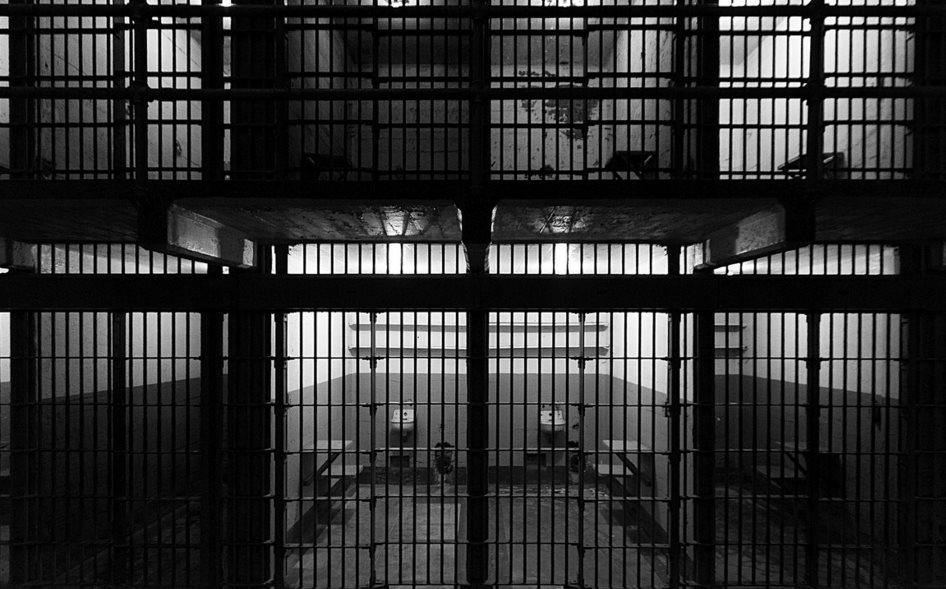
Along with those grim statistics about journalists, according to a report by Civicus Monitor, 87 percent of the world’s population now live in countries rated as either “closed,” “repressed” or “obstructed” where freedoms of speech, assembly and expression are curtailed. Eleven countries, including the United States, have been downgraded. The US moved from “narrowed” to “obstructed,” due in part to increasing attacks on the press and excessive use of force by police during this year’s Black Lives Matter protests.
This can be seen in data from the Press Freedom Tracker which records over 980 press freedom violations in the United States in 2020. This number includes 313 journalists who were assaulted while covering the Black Lives Matter protests, and 120 journalists who were either arrested or detained. There have also been more than 60 election-related press freedom violations.
Hong Kong has its own issues. The National Security Law that came into force on June 30 has had profound repercussions. Coupled with the continuing journalist visa war between Washington and Beijing that began back in the spring and the lack of answers to questions surrounding journalist visas in Hong Kong, and the city’s press corps finds itself on an uncertain footing.
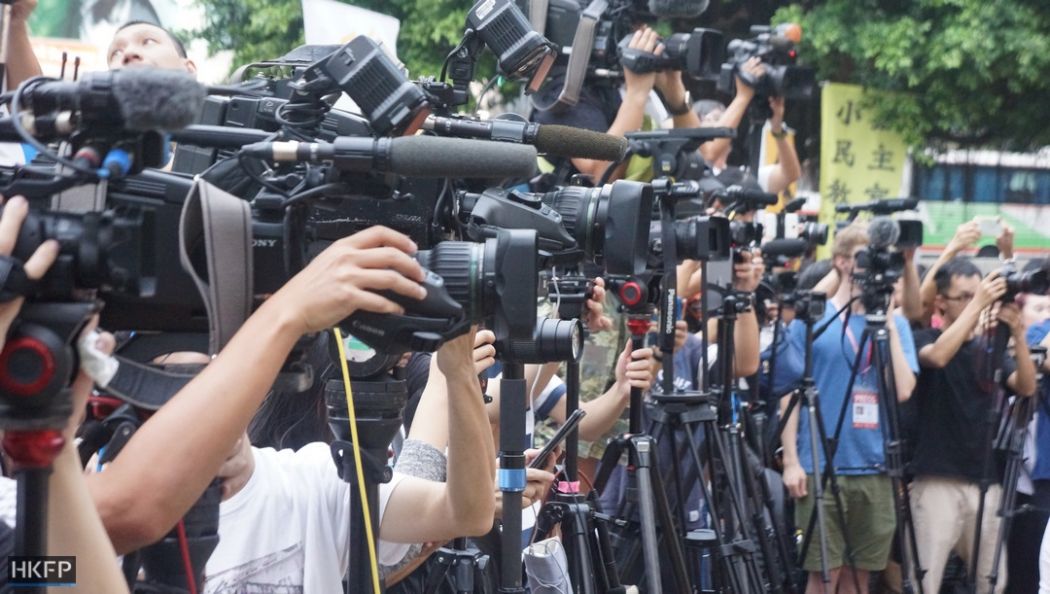
The Hong Kong police decision to change the definition of who it considers an accredited journalist, and exclude press passes from the Hong Kong Journalists Association and the Hong Kong Press Photographers Associations, put a further strain on the city’s media. By cutting out many freelancers from the ranks of “official” journalists, the move also attempts to reduce the number of ways stories are reported. Freelancers were responsible for much of the reporting of the 2019 protests, and this will certainly force many to decide if the risks of working without a valid press pass are worth it.
The raid on the offices of Apple Daily, and the arrest of Jimmy Lai also sent shivers through press circles. Lai’s subsequent charges under the National Security Law seem to be a portent of things to come under the law. The arrest of Bloomberg News reporter Haze Fan in Beijing, also on possible national security violations, is another indication of the clampdown under the umbrella of national security.
But it is more than just journalists who are coming under scrutiny. There have been arrests and jailings of political activists, protesters and some politicians over their statements and actions. Some have sought asylum outside Hong Kong. There is also the detention on the mainland of freelance photographer Du Bin for “picking quarrels and provoking trouble,” reportedly over some of his recent book projects which examine Communist history.
The news that Bookazine is refusing to carry a book about the political changes in Hong Kong since 1997 for fear of running afoul of the National Security Law further illustrates how the legislation can chill free speech through its very existence.

Freedom of the press and free speech are inherently intertwined. You cannot have one without the other. If the people are silenced, so is the press which relies on them for their material. And if the press is silenced, the voices who would speak out don’t have the information they need to do so. Only when both the press are free to do their work and people are free to speak out do you have a truly free and open society.
President Trump and his “fake news” rhetoric over the past four years has eroded the tenets of the free press. His language during the recent Black Lives Matter protests exacerbated the situation on the streets and sought to clamp down on free speech and the right to protest.
Authoritarian leaders worldwid have used Covid-19 as a pretext to clamp down further on free speech and the press, citing “national security” — detaining people they already wished to silence.
Taken together, opponents of the free press and free speech can act with impunity, knowing they face few consequences.
With 2021 about to begin, vaccines rolling out and Joe Biden preparing to assume the presidency, I have hopes for better numbers in the press freedom reports to be released a year from now. But only time will tell. Those who report on these issues, and those who speak up about them, must keep the rest of us informed so we don’t forget.
Support HKFP | Policies & Ethics | Error/typo? | Contact Us | Newsletter | Transparency & Annual Report | Apps
| HKFP is an impartial platform & does not necessarily share the views of opinion writers or advertisers. HKFP presents a diversity of views & regularly invites figures across the political spectrum to write for us. Press freedom is guaranteed under the Basic Law, security law, Bill of Rights and Chinese constitution. Opinion pieces aim to point out errors or defects in the government, law or policies, or aim to suggest ideas or alterations via legal means without an intention of hatred, discontent or hostility against the authorities or other communities. |
Help safeguard press freedom & keep HKFP free for all readers by supporting our team

More HKFP OPINION:
HKFP has an impartial stance, transparent funding, and balanced coverage guided by an Ethics Code and Corrections Policy.
Support press freedom & help us surpass 1,000 monthly Patrons: 100% independent, governed by an ethics code & not-for-profit.




